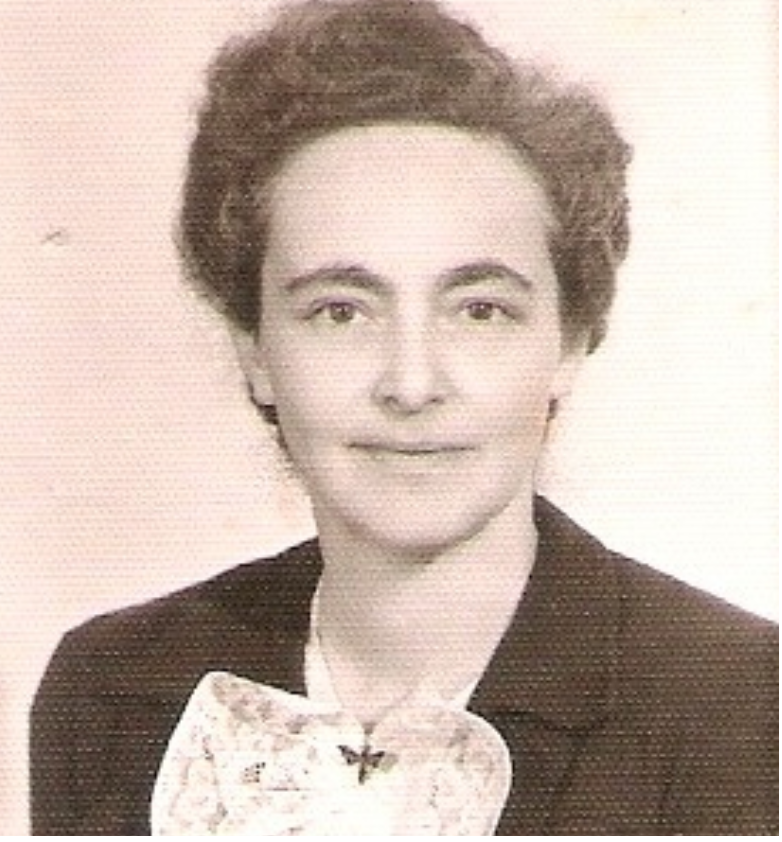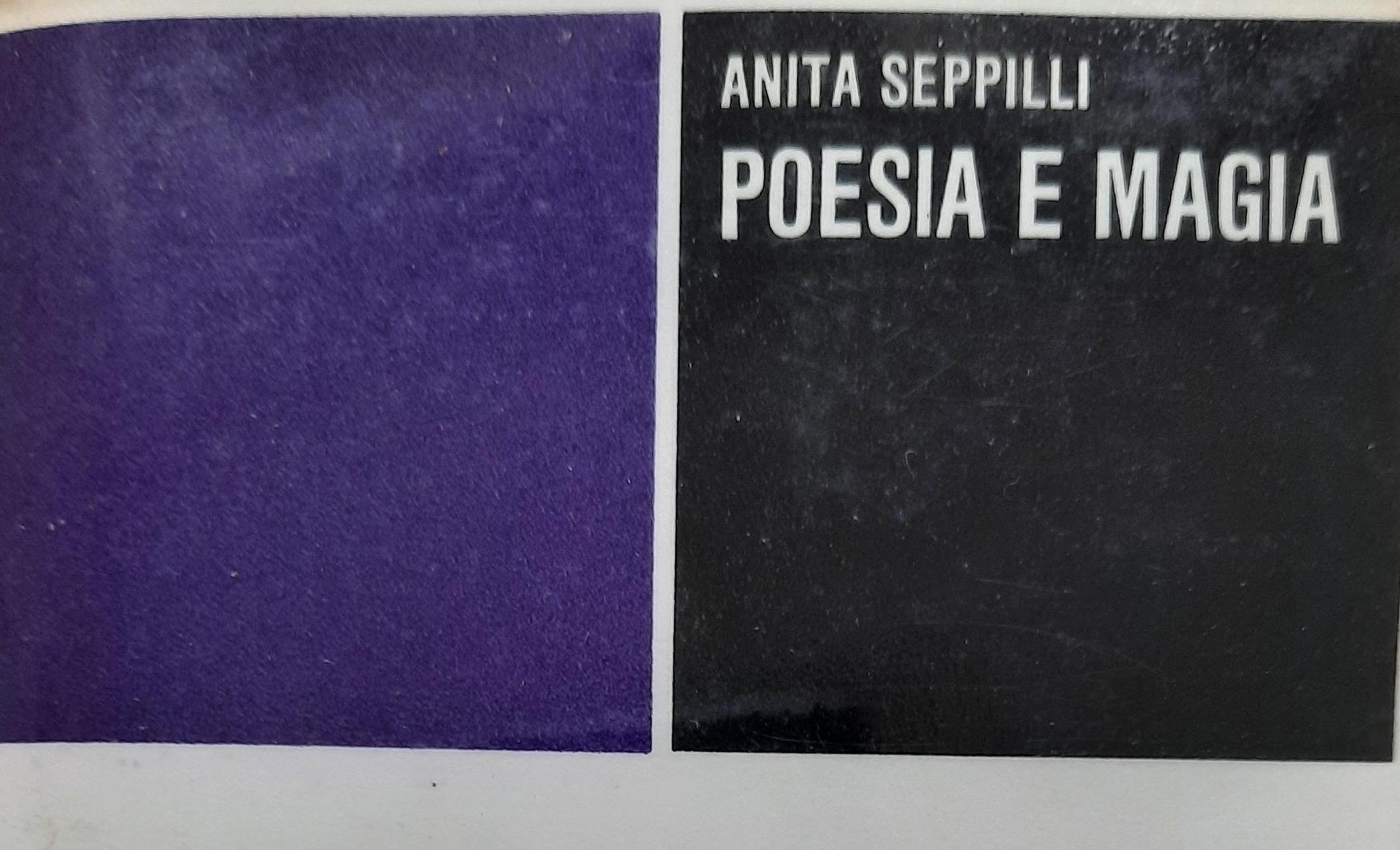
Anita Schwarzkopf was born in Fiume (Rijeka) on 29 August 1902 and went to school in Trieste. Her father Emilio Schwarzkopf was a timber merchant and a prominent member of Trieste’s Jewish community. In the early 1920s, she studied ancient literature at the University of Florence under Giorgio Pasquali, the leading classicist at the time, and where she was close to the anti-fascist circle of intellectuals around Gaetano Salvemini and Carlo and Nello Rosselli. She married the medic Alessandro Seppilli in Florence in 1923, moving later to Padua where their son Tullio was born in 1928.
As a result of the implementation of the racial laws in 1938, Anita’s husband Alessandro was suspended from his job at the Institute of Hygiene and his qualification of libero docente was revoked preventing him from teaching at the University of Modena. The family emigrated to Brazil on 4 July 1939 where Alessandro worked for a pharmaceutical company in São Paulo and Anita gave home lessons on antiquity and the history of literature. It was in Brazil that she became increasingly interested in ethnology and anthropology, publishing articles on the figure of the devil in art, on the imaginary status of islands, and on the origin of Carnival. Alessandro was reinstated at Modena in 1946, moving shortly afterwards to the University of Perugia. Anita rejoined her husband in Italy in 1947 and continued her cultural and anthropological studies.
In 1952, Anita’s son Tullio became the first assistant of the anthropologist Ernesto De Martino, author of the classic study Il mondo magico (1948), and it was with support from De Martino that Anita Seppilli published Poesia e magia in 1962 (with further editions following in 1971 and 1982). Her other principal publications included L’esplorazione dell’Amazzonia (1964), written with her son Tullio, I ceri di Gubbio (1972), Sacralità dell’acqua e sacrilegio dei ponti(1977), La memoria e l’assenza (1979) and Alla ricerca del senso perduto (1986). Anita Seppilli died in Perugia on 19 March 1991.
Anita Seppilli believed that the western conception of culture based on the Greek and Latin classics could be enhanced by broadening the scope of our enquiry to include the ancient cultures of the Middle East and the beliefs and traditions of indigenous peoples around the world. She wrote in the introduction to Sacralità dell’acqua e sacrilegio dei ponti that ‘our centuries-old dependence on the great classical tradition has enriched us abundantly in the past; and it represented, especially in Italy, almost the only cultural ‘other’ (‘altro da noi’) available to us at the time; a cultural ‘other’ of an undoubtedly overwhelming and possibly imperishable importance. Today, however, it threatens to imprison us in a crystal ball, incapable of exploring new paths of experience and new directions of research which also open up vast horizons. Humanistic culture must not impose itself, even in Italy, as an idol but must count as a great experience, which is not debased, but rather enriched and deepened through contact with other cultural experiences, which in turn are illuminated by it.’
Sources:
Paolo Apolito, ‘Anita Seppilli (1902-1991)’, La Ricerca Folklorica, 23, 1991, pp. 137-38.
Patrizia Guarnieri, Intellctuals Displaced from Fascist Italy, Florence: Florence University Press, 2023.
Giovanni Pizza, ‘Tullio Seppilli (1928-2017), La Ricerca Folklorica, 72, 2017, pp. 299-302.
